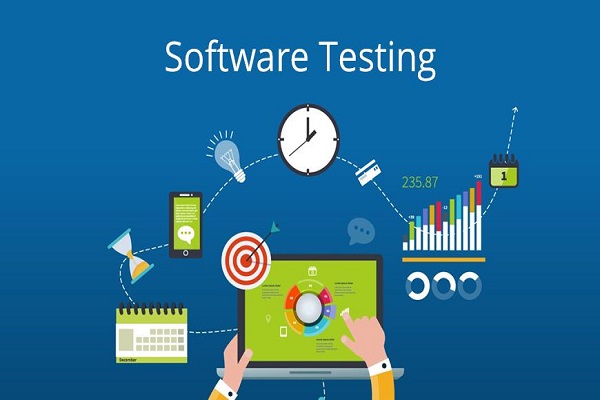Software testing is a critical component in the process of creating stable systems. Through testing, developers can identify common complications and resolve any issues before the product launch.
The catch is that software testing can cost a pretty penny. Plus, implementation can be challenging, and maintaining an internal quality assurance (QA) team is often demanding.
Software testing isn’t part of most companies' core activities. So, most firms choose to outsource the service. Entrusting specialized teams with software testing allows businesses to focus on more critical operations.
Ultimately, the software testing process is a vital component of product development. But, finding a QA expert takes consideration. Read on to know what to consider when choosing a software testing provider.
A good reputation
Looking into the reputation of a potential software testing provider is essential to avoid run-ins with less-than-qualified teams. Not only will it help you select the best solution to your programming problems, but it can keep you from wasting money on tests you don’t need.
But, how do you check a company's reputation?
First and foremost, a visit to Google is a must. Search for reviews to gain insight into each business, taking note of both complaints and endorsements to make your final decision. Though you should check the provider's site for helpful info, take positive feedback with a grain of salt, as companies putting their best foot forward likely leave out negative experiences.
Apart from reviews, you can look at recent news on the software testing provider. That way, you can ask specific questions when canvasing services, weeding out ill-prepared companies unable to meet your needs.
Relevant specialization and skillset
Software development and all its components require significant expertise to implement and maintain.
For example, successful pentesting— the process of checking a system for vulnerabilities— relies on software testers with up-to-date system knowledge and a broad skillset. That way, they can decipher critical info and direct you towards troubleshooting measures.
When selecting candidates, consider whether the provider has experience working with a project or system like yours. Additionally, look into their previous work history, seeking out providers within the same industry.
Though some software testing companies offer a wide variety of services, selecting a provider with experience specific to your project is best to ensure a smooth sailing partnership.
Each project typically has multiple testing areas, so finding a testing service that can tick all your boxes can reduce the risk of complications during development and rollout. That said, apply caution when interviewing candidates who claim to have expert knowledge in all areas.
Experience with the testing tool
Make sure you question potential providers' skills, including experience using tools or systems specific to your project. At the same time, it’s unrealistic to expect a provider to have experience with each testing tool in the market.
Instead, focus on their problem-solving abilities and skillset. Training a software testing team on your specific systems and preferred tools is much simpler than teaching them fundamental analytics.
Ultimately, if the tester has the proper experience, they can learn how to use a different tool. Sometimes, however, you may not know which testing tools to use. If so, ask the provider to do an evaluation and make recommendations.
Appropriate pricing
As you dig deeper into potential software testing providers, you’ll start to get a better idea of the average pricing. Use that standard to analyze the pricing by companies you want to work with. Though higher-quality testing providers will likely cost more than other services, the cost isn’t the only determining factor.
Undercharging may also indicate that the software testing provider isn't the best fit. Prices that are too low may mean that the provider cuts corners with their processes. So, if the price is way lower than expected, look into the provider's expertise. Do so to ensure the provider can deliver what they offer.
Cultural compatibility
Software testing is usually a collaborative process, so ensure your provider is ready to work as a team to solve troubleshooting conundrums. That is particularly true if you choose to apply a DevOps culture.
So, ensure that the software testing provider can collaborate with your team. Cultural compatibility also involves ensuring that the provider’s values are compatible with your company's ethics statement.
Good communication
Consider the communication process of the software testing provider before jumping into a professional relationship with testers who are unable to meet your needs. You want to hire a company that practices effective communication to ensure each team—whether it be creative, analytic, or financial—is connected and on the same page.
So, know whether a provider can communicate in real-time with you once the project starts. If they can’t, address lag time and consider what is acceptable for your project needs.
Final words
Finding a software testing provider that checks all your boxes can be a long process. However, taking the time to carefully select a team of professional, skilled, and communicative testers is critical to a smooth-running project.

No comments:
Post a Comment